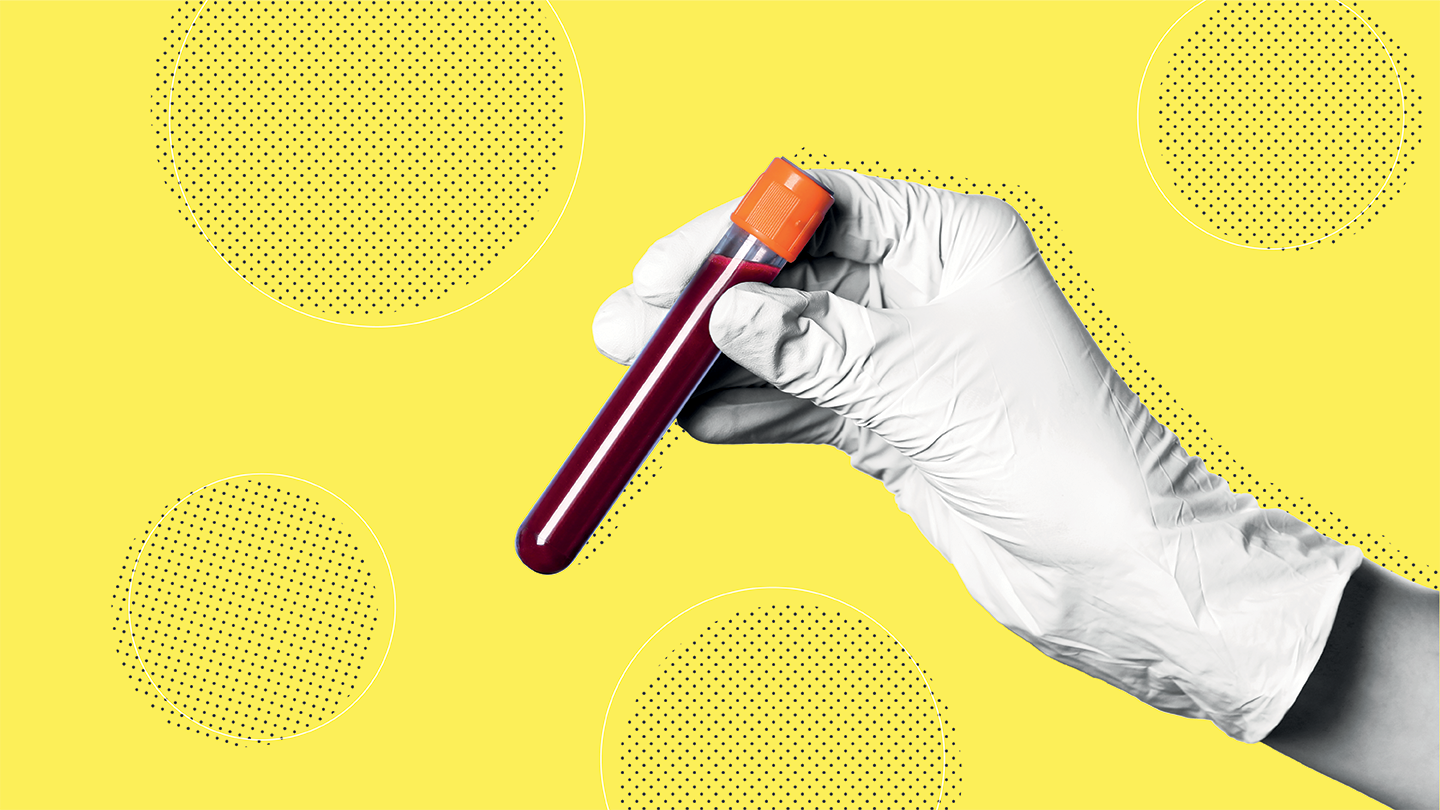
A newly developed blood test using nanosensor technology has demonstrated the ability to detect pancreatic ductal adenocarcinoma (PDAC), offering a potential breakthrough in early diagnosis of the disease.
Developed by researchers at Oregon Health & Science University (OHSU), the test was evaluated in 356 frozen blood samples in a study published in Science Translational Medicine. The nanosensor, which identifies specific matrix metalloproteinase activity in blood samples, successfully distinguished PDAC patients from those with nonmalignant pancreatic conditions and healthy individuals with 73 percent sensitivity and 98 percent specificity.
Though low cost – around $0.01 per sample – the researchers acknowledge that the test’s sensitivity must improve before clinical use. Nevertheless, biomedical engineer Simone Schürle-Finke from the Swiss Federal Institute of Technology was pleasantly surprised that the nanosensor could detect a clear tumor signal in the blood, saying it’s “a very promising, very impressive result” in a Nature press release.
Study co-author Jared Fischer emphasized the necessity for better early detection methods, saying, “There is a huge need for developing new ways of detecting pancreatic cancer early.” The test’s low cost makes it especially useful for low-resource settings where advanced diagnostics are limited. The researchers plan to test it on larger, more diverse patient groups before starting clinical trials.
Jose Montoya Mira, another co-author from OHSU, noted that the nanosensor approach is also being tested for other cancers, including gastrointestinal malignancies; early data suggest it may be effective for detecting tumors in other organ systems. Future research will focus on improving sensitivity and assessing real-world outcomes.
